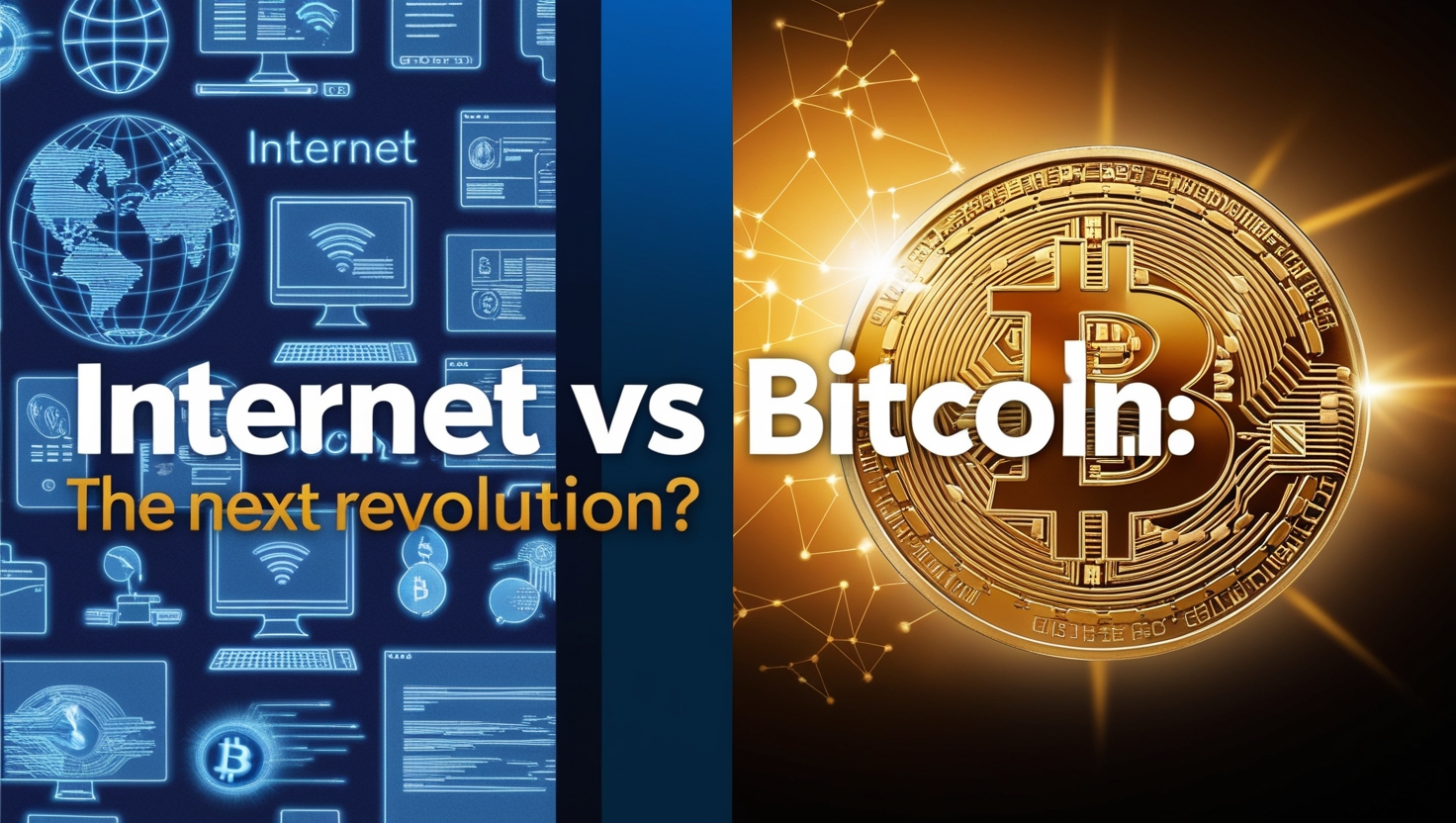Bitcoin: A Revolutionary Invention
Bitcoin, introduced in 2009 by the mysterious Satoshi Nakamoto, is often regarded as one of the most transformative inventions since the internet. It has redefined money and disrupted traditional financial systems, creating a decentralized platform for value exchange that operates without intermediaries. Its growing influence continues to shape the global economy and the way we perceive ownership and technology.
Understanding Blockchain Technology
At the heart of Bitcoin lies blockchain technology, a distributed ledger system that ensures transparency, immutability, and security. This innovative technology eliminates intermediaries like banks, reducing costs and increasing efficiency. By decentralizing trust, Bitcoin enables individuals to manage wealth independently and challenges centralized financial systems.
Decentralization and Scarcity
Bitcoin’s decentralized nature distinguishes it from traditional currencies. Unlike fiat money controlled by central banks, Bitcoin operates on a consensus mechanism called mining. This process regulates the creation of new Bitcoins, ensuring a limited supply capped at 21 million. This scarcity makes Bitcoin resistant to inflation, a common problem with fiat currencies.
Bitcoin as Digital Gold
Bitcoin is often called “digital gold” due to its store-of-value properties. In regions facing economic instability or hyperinflation, Bitcoin provides a safe haven for preserving wealth. Its borderless nature allows seamless cross-border transactions, offering financial inclusion to millions worldwide.
The Ecosystem of Cryptocurrencies
Bitcoin’s success has spurred the growth of an entire cryptocurrency ecosystem. Projects like Ethereum and Litecoin have introduced unique applications, from smart contracts to decentralized finance (DeFi). These innovations are transforming industries like finance, supply chain management, and even art, expanding the scope of blockchain technology.
Bitcoin’s Influence on Financial Systems
Traditional financial institutions are beginning to embrace Bitcoin. Some banks now offer cryptocurrency services, and central banks are exploring digital currencies inspired by Bitcoin’s technology. However, Bitcoin’s decentralized and censorship-resistant features set it apart, maintaining its independence from government control.
Challenges and Criticisms
Bitcoin faces significant challenges, including price volatility and environmental concerns related to mining energy consumption. Additionally, regulatory uncertainty across different jurisdictions poses obstacles to its adoption. These issues require ongoing innovation to ensure Bitcoin’s sustainability and scalability.
Philosophical Implications of Bitcoin
Bitcoin raises profound questions about money, trust, and sovereignty. It represents a return to sound money principles, emphasizing scarcity and utility. For its supporters, Bitcoin symbolizes freedom and resistance to centralized control, while critics raise concerns about its societal implications and potential misuse.
Gradual Adoption of Bitcoin
The journey toward Bitcoin’s mainstream acceptance has been marked by milestones. Institutional investors and corporations like Tesla and MicroStrategy have embraced Bitcoin as a store of value. Payment platforms like PayPal and Visa have integrated Bitcoin, enabling easier access and everyday transactions.
The Future of Bitcoin
Bitcoin’s future is a subject of speculation. Some envision it as a global reserve currency, while others see it as a digital store of value. Innovations like the Lightning Network address scalability issues, enhancing Bitcoin’s potential as a medium of exchange. Regulatory developments and technological advancements will shape its trajectory.
Conclusion: Bitcoin’s Legacy
Bitcoin stands as a groundbreaking invention, rivaling the internet in its transformative impact. By decentralizing financial systems and empowering individuals, it has challenged traditional notions of money. Despite challenges, Bitcoin remains a symbol of innovation and resilience, heralding a new era of financial independence and technological advancement.











Leave a Reply